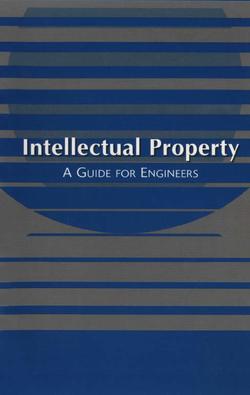Читать книгу Intellectual Property: A Guide for Engineers - American Bar Association - Страница 10
На сайте Литреса книга снята с продажи.
WHAT IS A PATENT?
ОглавлениеA U.S. patent is a formal legal grant by the federal government that gives the inventor a legally enforceable right to exclude others from practicing the invention described and claimed in the patent. The federal government grants this right, for a term ending 20 years from the date of filing of an application for a patent, to encourage the public disclosure of technical advances and as an incentive for investing in research and development and commercializing the results. Thus, the overall progress of technical innovation is favored, while at the same time inventors are rewarded for their specific contributions. Like other forms of property, the rights symbolized by a patent can be inherited, sold, assigned, licensed or rented, mortgaged, and even taxed. Patents are national in character. Thus, a U.S. patent is enforceable only in the United States and its territories. If a company wants to practice an invention in foreign countries, separate applications must be filed in those countries or in regional patent offices that serve specific foreign countries. As pointed out later in the section on International Protection of Intellectual Property, the United States is a member of international treaties that facilitate the filing of patent applications in foreign countries.
